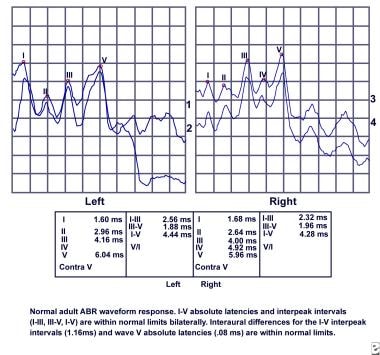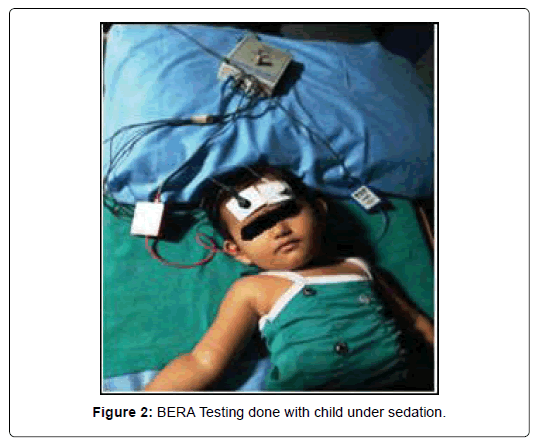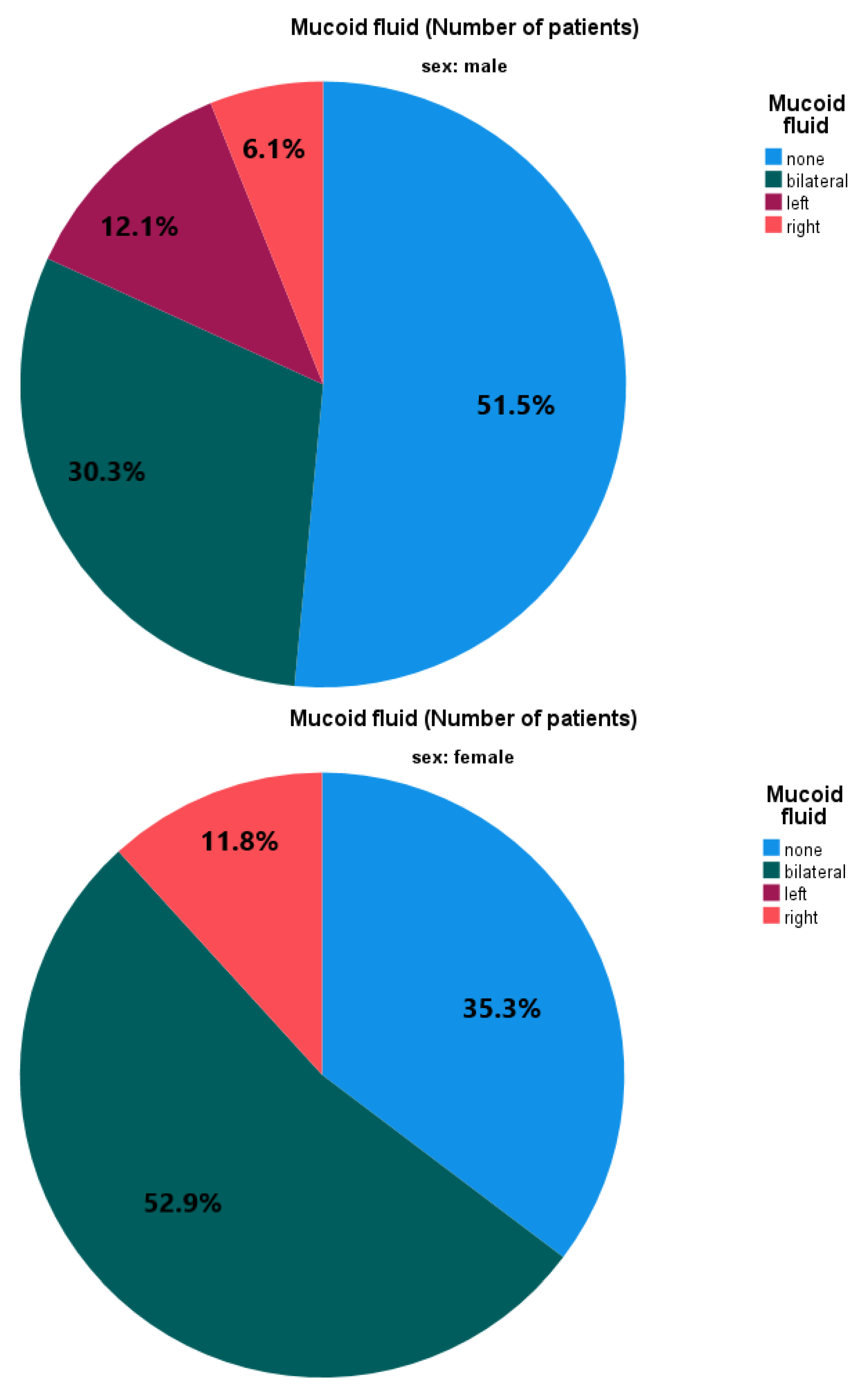PDF] Brainstem evoked response audiometry and risk factors in premature infants

By A Mystery Man Writer
It is suggested that the effect of anemia of prematurity on BAER parameters should be studied in a larger group of infants. Objective: In this study; we evaluated the effects of possible risk factors according to the Joint Committee on Infant Hearing in preterm infants and physiologic anemia of prematurity on brainstem auditory evoked response (BAER) measurement variables. Methods: For this aim, twenty-nine term newborn infants underwent the BAER recording session between 48 hours to 7 days of age. In 29 preterm infants, BAER was performed at a mean postconceptional (gestational age + age after birth) age of 39.4 ± 0.8 weeks (38-42 weeks). Type of delivery, birth weight 0.05). Conclusion: We suggest that the effect of anemia of prematurity on BAER parameters should be studied in a larger group of infants.

Risk factors associated with hearing loss in infants: An analysis of 5282 referred neonates - ScienceDirect

Cranial Ultrasound in Preterm Neonates of Gestational Age 28 to 34 Weeks: A Single Centre Experience From Western India - Charul Mehta, Urvashi Rana, 2021

Auditory Brainstem Response Audiometry: Overview, Physiology

PDF) A study of brainstem evoked response audiometry in term neonates with hyperbilirubinemia

Hearing Testing, Auditory Brainstem Response (ABR)

BERA, PDF, Hearing

PDF) A study of brainstem evoked response audiometry in children with severe hearing loss

PDF) Brainstem auditory evoked response in neonatal neurology

Altered local cerebellar and brainstem development in preterm infants - ScienceDirect
- Neurologia Veterinária - FMVZ UNESP Botucatu

- Renato Pacheco - Neuropediatra - A Clínica INRI possui equipamentos de última geração, com laudos confiáveis, além de excelentes profissionais para avaliar o seu filho(a).
- Anita Fleur Wire Free Mastectomy Bra, Black | Black Bilateral Mastectomy Bra

- Otolaryngology: Open Access - Mapping Auditory Maturation from Neonates to Toddlers using Electrophysiological Responses of the Brainstem

- JCM, Free Full-Text






